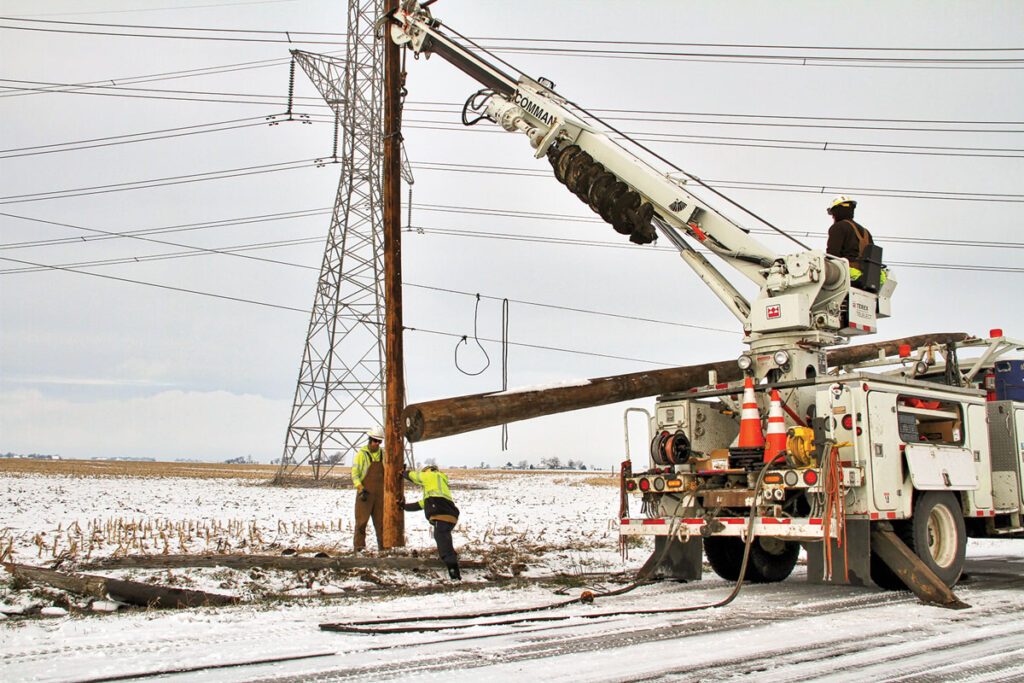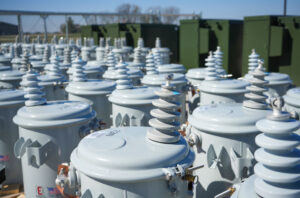
The final geothermal grant presentation was held in November at Southern Illinois University, Carbondale (SIU Carbondale) and signaled the close of the GeoAlliance grant program. SIU received a $50,000 grant to help fund a geothermal heat pump installation for a portion of the Transportation Education Center.
The four-phase, $1.5 million GeoAlliance grant program, formed in 2003, was a joint venture of the Association of Illinois Electric Cooperatives and Illinois Clean Energy Community Foundation. The program’s purpose was to encourage the use of geothermal technology in commercial/industrial projects where installations can be more edgy and complicated than those for residences.
The foundation provided the grant funding, and the AIEC was the program administrator. Funding was passed down through the electric co-ops to be granted to qualifying not-for-profit and public entities in their service territories. Grants were calculated using one-third of the incremental difference between the cost of a geothermal system and the cost of a comparable fossil fuel system, with a maximum grant of $50,000.
The SIU facility is served by Egyptian Electric Cooperative Association. Bryce Cramer, the cooperative’s district office and member services manager, stated that co-ops have been involved with residential geothermal installations for about 30 years.
“These types of installations can be more complicated than for homes, but the benefits far outweigh any issues that arise,” said Cramer. “That’s why the university stepping out in the forefront and doing this is really making it much easier for a lot of other people to do it.” He added that another benefit of geothermal systems is being able to evenly regulate building temperatures during changing seasons for the comfort of students, visitors, faculty and staff.
The GeoAllliance program funded a total of 51 separate projects in 17 Illinois co-op territories, garnering grant recipients estimated annual savings of approximately $681,000, more than what could have been realized with comparable traditional fossil fuel HVAC systems. The geothermal grants supported projects in not-for-profit and public entities such as a fire protection district in Quincy, a retirement home in Bloomington, a historical museum in Savanna, various churches and educational institutions and a water treatment plant.







